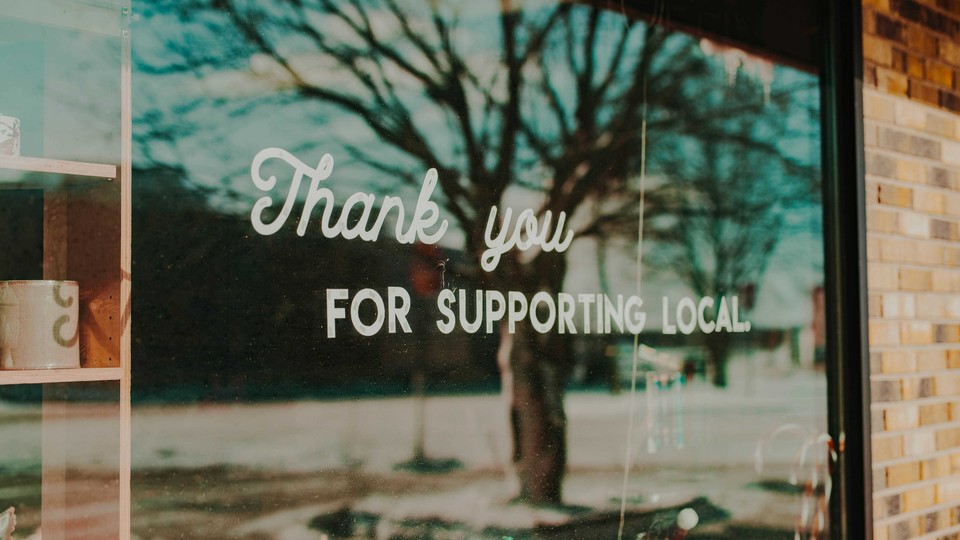J. Hugh Liedtke Professor of Marketing

When Self-Identity Sways the Deal
People who see themselves as independent are less likely to go for friends-and-family promotions.
Based on research by Vikas Mittal, Karen Page Winterich and Vanitha Swaminathan.
Some promotions tempt interdependent people, while others appeal more to independent consumers. When it comes to designing promotional deals, these nuances of self-identity can be the difference between a sale and disinterest.
Key findings:
- Our responses to sales promotions are influenced by our self-identity — either as interdependent members of a community or individuals who want to stand out.
- While a consumer’s decision to take advantage of a sales promotion is mainly a function of whether they see it as a good deal, self-identity also comes into play.
- Friends-and-family promotions work well for people who see themselves as interdependent. But promotions that play up exclusivity are equally successful regardless of how customers identify themselves.
Maybe you have a friends-and-family plan on your phone. Or perhaps you like to take advantage of your birthday discount at Benihana.
Companies want to offer you a promotional deal you can’t resist. But discounts for special customers or friends and family don’t always work. That’s because our buying decisions depend not only on rational cost-benefit analysis, but on our concept of self.
Self-concepts can be interdependent — people who consider themselves deeply connected to a particular social network, such as family, co-workers, or friends. Or it can be independent — people who want to stand out as individuals by focusing on themselves.
Some promotions tempt interdependent people. Others appeal to independent consumers. When it comes to designing promotional deals, these nuances of identity can be the difference between a sale and disinterest.
We all have a bit of both identity types. But three studies involving hundreds of university students by Rice Business marketing professor Vikas Mittal suggest that, regardless of economic incentive, people whose self-concept is more independent are less likely to go for friends-and-family plans, regardless of the savings.
A related set of studies, meanwhile, show that the appeal of feeling special is universal. Mittal and co-researchers Karen Page Winterich at Penn State and Vanitha Swaminathan of the University of Pittsburgh found that promotions based on exclusivity tended to work equally well regardless of whether consumers saw themselves as part of an interdependent tribe or as lone wolves who need to stand out from the pack.
The lesson for consumers? Brands will do all they can to understand the social relationships of consumers they want to reach. So while it make sense for Verizon to have a friends and family plan, in all likelihood, it won’t work for Rolls Royce or Chanel, whose consumers want to stand out.
To be sure, it’s not enough to simply push a product: most people can do the math to determine whether a promotional price is worth it, or sniff out a shoddy product they don’t really want. But self-concept can alter our perceptions of whether or not a deal is good or bad overall.
How should companies evaluate these deals? Some managers argue that promotional rates provide discounts for customers who will flee as soon as the price goes back to normal. Mittal’s research suggests the opposite. When self-identity is part of the consumer’s decision to take advantage of a promotion, he writes, the transaction becomes an opportunity for company and customer to bond – and for the company to cultivate ongoing loyalty.
In the long run, the promotional funds spent on friends-and-family discounts or “you’re special” customer rewards pay off symbolically and monetarily: with warm, exclusive bonds between consumers and the brand that makes them feel understood.
Winterich, K.P., Mittal, V., and Swaminathan, V. (2014). Friends and Family: How In-Group Focused Promotions Can Increase Purchase. Customer Needs and Solutions, 1.4: 333-344.
J. Hugh Liedtke Professor of Marketing
Never Miss A Story



